In the ever-evolving landscape of digital transformation, small and medium-sized businesses in the United Kingdom are increasingly adopting cloud solutions to streamline operations and enhance efficiency. However, as these businesses migrate their critical data and applications to the cloud, the need for robust cloud security measures becomes paramount. While cloud service vendors provide a baseline of security, relying solely on them may leave vulnerabilities unaddressed. In this blog post, we’ll explore the importance of adopting a proactive approach to cloud security by engaging third-party monitoring services, particularly for UK SMBs.
The Evolving Threat Landscape:
Cyber threats are constantly evolving, becoming more sophisticated and challenging to thwart. With the increasing reliance on cloud infrastructure, SMBs are exposed to a range of potential risks, including data breaches, unauthorised access, and service disruptions. While cloud service providers implement security measures, they cannot offer a one-size-fits-all solution tailored to the unique needs and vulnerabilities of each SMB.
Vendor Limitations:
Cloud service vendors do provide a certain level of security through built-in features and tools. These solutions, however, are generic and may not address the specific requirements of individual businesses. Additionally, vendors may not be equipped to monitor and respond to emerging threats promptly. Relying solely on vendor-provided security measures could leave SMBs vulnerable to the rapid evolution of cyber threats.
Tailored Security for SMBs:
Engaging a third-party security provider allows SMBs to implement customised security measures which align with their specific business needs and industry regulations. These experts can conduct thorough risk assessments, identify potential vulnerabilities and implement targeted solutions to safeguard critical assets. This tailored approach goes beyond the standard security features provided by cloud vendors, ensuring a more comprehensive and effective defence against cyber threats.
Compliance and Regulatory Requirements:
In the UK, SMBs are subject to various data protection laws and regulations, such as the General Data Protection Regulations (GDPR). Adhering to these regulations is not only a legal requirement, but also crucial for maintaining the trust of customers and partners. Third-party security providers specialise in ensuring compliance with these regulations, offering peace of mind to SMBs by actively monitoring and adapting security measures to stay in line with evolving legal requirements.
Continuous Monitoring and Incident Response:
One of the main advantages of involving a third-party security provider is continuous monitoring. While cloud vendors may offer automated security features, third-party experts can actively monitor the environment, detect anomalies and respond promptly to emerging threats. This proactive approach minimises the impact of security incidents, reducing downtime and potential financial losses for SMBs.
In conclusion, while cloud service vendors play a crucial role in providing a baseline of security for SMBs in the UK, relying solely on them is not sufficient in the face of today’s complex and evolving cyber threats. Engaging a third-party security provider allows businesses to implement tailored solutions, ensuring compliance with regulations and proactive monitoring for a more robust defence against potential threats. By taking a comprehensive approach to cloud security, UK SMBs can safeguard their digital assets and maintain the trust of their stakeholders in an increasingly interconnected and digital business landscape.
Unsure where to start on your cloud journey? No guidance on what is needed to secure your cloud environment? Reach out to Amicis Group’s team here to learn more or arrange a call here to find out about how we’re helping organisations of all shapes and sizes in securing their cloud every step of the way, keeping it a key enabler for the growth, scale and innovation.
